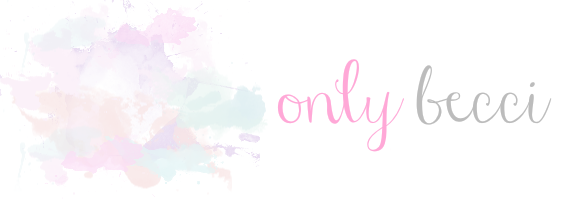I'm a big fan of charity shops for a few reasons, a) I'm constantly skint, b) it feels less materialistic to buy something when the money is going to a good cause and c) I'm always after a bargain. I find charity shops a fantastic place to scout out new (well, new to me) books and thats exactly where I found one of my most recent reads: Half of a Yellow Sun by Chimamanda Ngozi Adichie.
I love history and, therefore, historically based novels are a huge point scorer for me! Although, prior to reading Half of a Yellow Sun I knew nothing of the Biafran War and, in general, very little about Nigeria's history, I was drawn in by the blurb of Chimamanda Ngozi Adichie's second novel.
Having never read any African literature before, I went into the novel with an open mind, wanting to learn and completely unaware of the emotions that I'd uncover during reading.
One of the novels characteristics that I really appreciated was the way in which the story is told, through the eyes of three of the main characters, rather than from just one characters point of view. The novel isn't written in first person at any point but the omniscient narrator (hello GCSE English Lit..) really helps you to understand what each character is going through, their thoughts, feelings and intentions.
The characters themselves are all so wonderfully different and, despite the narrator switching from character to character regularly, their different personalities and perspectives mean that you never feel confused or lost, or have to turn back a few pages and remind yourself of whats going on. I personally found Ugwu, a teenage houseboy from the Nigerian bush, and the elegant, sophisticated Olanna to be my favourite characters. I found their stories compelling and true, and felt myself sucked into their world more so than I was with the 'revolutionary' Odenigbo or the oh-so-English Richard.
There is - in my opinion, based on books I've read in the past - a fair bit of politics involved, namely as it's based on a civil war and historical events, but I don't feel that this is a negative or a reason to put the book down and not read it. The blend of politics and raw emotion make for a really gripping story, and the fact that it is based on true events makes it all the more powerful.
This month, the film version of the novel is being released in cinemas throughout the UK and, based on the trailer, I'd say it's going to be fantastic - I just hope that it doesn't stray too far from the story and stays as honest and brutal as it needs to be in order to portray the true story of the Biafran war and it's people.
I'd strongly urge everybody and anybody to read this book. It's powerful, dramatic and incredibly emotive. I'm really looking forwards to the film and reading Chimamanda's first novel, Purple Hisbiscus.
Have you read any of Chimamanda Ngozi Adichie's books?
Will you be going to see the film?

No comments:
Post a Comment